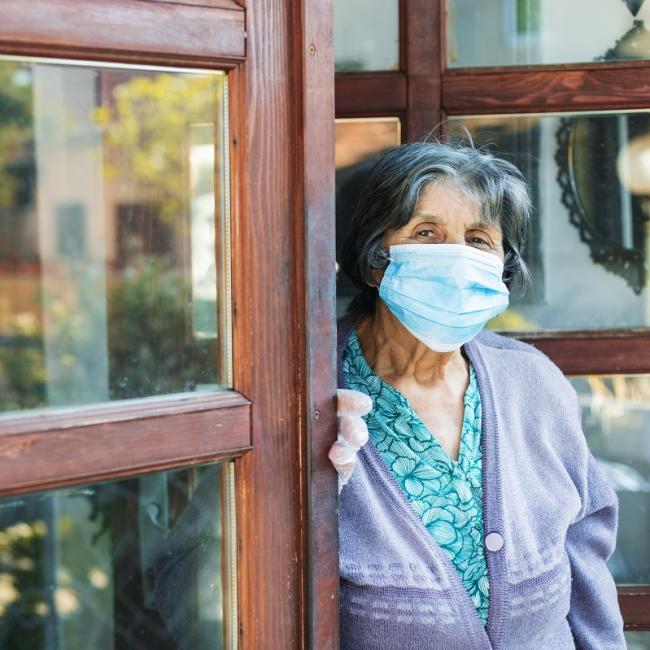Emerging Theories of Allostatic-Interoceptive Overload in Neurodegeneration
Curr Top Behav Neurosci. 2024 Apr 19. doi: 10.1007/7854_2024_471. Online ahead of print.
ABSTRACT
Recent integrative multilevel models offer novel insights into the etiology and course of neurodegenerative conditions. The predictive coding of allostatic-interoception theory posits that the brain adapts to environmental demands by modulating internal bodily signals through the allostatic-interoceptive system. Specifically, a domain-general allostatic-interoceptive network exerts adaptive physiological control by fine-tuning initial top-down predictions and bottom-up peripheral signaling. In this context, adequate adaptation implies the minimization of prediction errors thereby optimizing energy expenditure. Abnormalities in top-down interoceptive predictions or peripheral signaling can trigger allostatic overload states, ultimately leading to dysregulated interoceptive and bodily systems (endocrine, immunological, circulatory, etc.). In this context, environmental stress, social determinants of health, and harmful exposomes (i.e., the cumulative life-course exposition to different environmental stressors) may interact with physiological and genetic factors, dysregulating allostatic interoception and precipitating neurodegenerative processes. We review the allostatic-interoceptive overload framework across different neurodegenerative diseases, particularly in the behavioral variant frontotemporal dementia (bvFTD). We describe how concepts of allostasis and interoception could be integrated with principles of predictive coding to explain how the brain optimizes adaptive responses, while maintaining physiological stability through feedback loops with multiple organismic systems. Then, we introduce the model of allostatic-interoceptive overload of bvFTD and discuss its implications for the understanding of pathophysiological and neurocognitive abnormalities in multiple neurodegenerative conditions.
PMID:38637414 | DOI:10.1007/7854_2024_471





